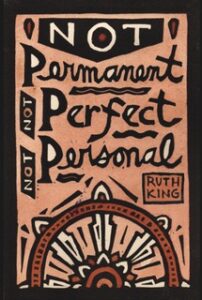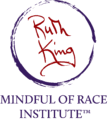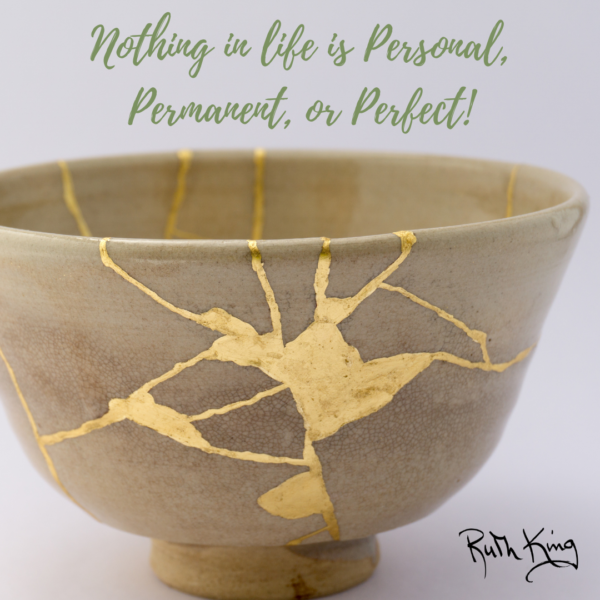Nothing in life is Personal, Permanent, or Perfect!
Liberative insight is the core practice of insight (Vipassana) meditation, or mindfulness meditation. The distinction of insight meditation from other forms of meditation is that we’re investigating the nature of our existence, of phenomenon, and of our activity of mind, in order to liberate ourselves from suffering.
 There are three characteristics core to Buddhist practice: anatta (not-self), dukkha (suffering or dissatisfaction), our anicca (impermanence). My shorthand way of talking about these three characteristics is to say: Nothing in life is personal, permanent, and not perfect.
There are three characteristics core to Buddhist practice: anatta (not-self), dukkha (suffering or dissatisfaction), our anicca (impermanence). My shorthand way of talking about these three characteristics is to say: Nothing in life is personal, permanent, and not perfect.
Not Personal:
As we get still and begin to observe our inner experiences, we can see that the aggregates of this body are a series of processes that are always in motion. There are sense organs and sense objects: The eyes see, the tongue tastes, the body feels, the ears hear, the nose smells, and the mind thinks. Unaware of this truth, we are in a constant state of “I-making” — I, me, mine — fixation and exaggeration. But when we settle in stillness and turn our attention inward to know our experience more intimately, we can look at how that process works and recognize its impersonal nature. What’s happening is not personal — its nature!
Not Permanent:
In mindfulness practice, to examine impermanence is to notice rather immediately, as in the moment we close our eyes, that everything that is happening changes; that what arises in our experience also passes away. Just like a filmstrip, we have these mental clips, but when they run together fast, we have a movie. Unaware, we believe the movie as solid truth. But with practice, we can slow down and see each clip and how it arises and passes away. And we can also see the emptiness in between and within the clips. To know directly the arising and passing away of experience — the solidity of experience and its dissolve — is liberative. We touch into an open field of awareness that experiences live within — a field we can begin to trust and abide. What’s happening is not permanent — it’s nature.
Not Perfect:
The not-perfect or the dukkha aspect of this practice is foundationally important. How sobering it is to realize directly that anything can happen to us at any time. There are so many ways that we're vulnerable in these bodies. We experience creation, joy, brilliance, and love, and we are of the nature to grow old, to become ill, and to die. And things that we have and love, we will lose. We’re not in control of our thoughts, for example, but we do have control over whether they contribute to more distress or freedom. We’re not in control of when illness strikes, but we are in control over our response and over whether we suffer unnecessarily in the midst of it. We can’t control what life throws on our path, but we can control our relationship and our response. And as we understand ourselves more deeply as seed selves in co-creation with our world, we ripen our capacity to become more sensitive to and responsible for our impact on collective wellbeing. What happens is not perfect - Things going our way AND not going our way is our nature. How we respond is our future.
***
Insight meditation, or Vipassana, focuses on achieving liberative insight by examining the nature of existence, phenomena, and mental processes to overcome suffering. Learn more in my online self-study course, Heart Practices for Racial Wellbeing.


I continue to benefit from the clarity of Ruth’s thinking, talks, and writings. It’s “not simple” either and this passage is quite accessible.